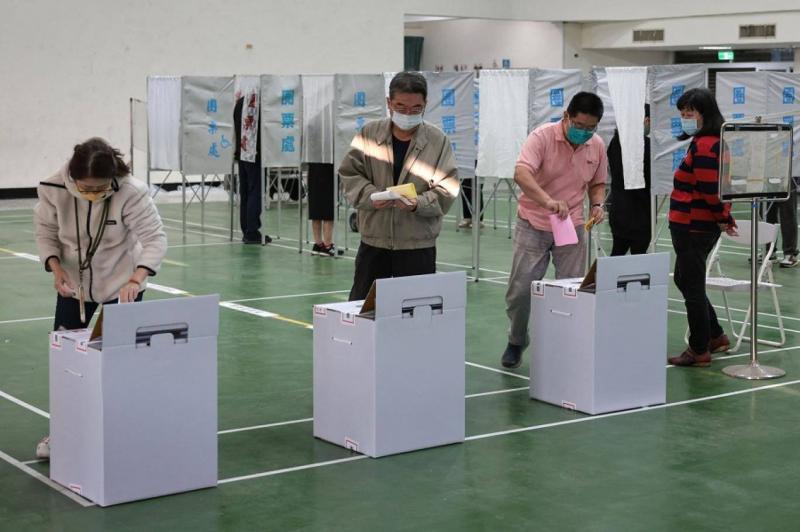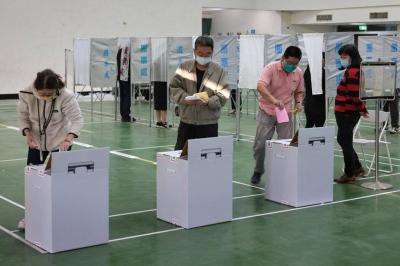Voters in Taiwan began casting their ballots today, Saturday, in presidential and parliamentary elections that China has described as a choice between war and peace. This election takes place as Beijing intensifies pressure to force the island to accept Chinese sovereignty. Taiwan has been a success story for democracy since it held its first direct presidential election in 1996, culminating decades of struggle against authoritarian rule and martial law.
The ruling Democratic Progressive Party, which advocates for Taiwan's separatist identity, aims to secure a third term with its candidate Lai Ching-te, the Vice President of Taiwan and the leading contender to succeed her. Speaking to reporters in the southern city of Tainan before voting, Lai encouraged people to cast their votes. He stated succinctly, "Every vote counts; this is the democracy that Taiwan has achieved through hard work."
In the lead-up to the election, China repeatedly condemned Taiwan's top presidential candidate, labeling him as a dangerous separatist, and dismissed his repeated calls for talks. Lai has asserted his commitment to maintaining peace across the Taiwan Strait and continuing to strengthen the island's defenses.
Lai is competing against Hou Yu-ih from the Kuomintang party, the largest opposition party, as well as former Taipei Mayor Ko Wen-je from the smaller Taiwanese People's Party, established in 2019. Hou advocates for resuming communication with Beijing, starting with exchanges of visits, and, like China, accuses Lai of supporting formal independence for Taiwan. Lai claims that Hou is pro-Beijing, but Hou rejects this accusation. The third candidate, Ko Wen-je, also wishes to reconnect with China but insists that this must not come at the expense of protecting democracy and Taiwan's way of life.
The parliamentary elections are equally important as the presidential race, especially if none of the three parties can achieve a majority, potentially hindering the new president's ability to pass legislation and funding, especially in defense matters. Polls remain open for eight hours, closing at 4 p.m. (0800 GMT), with manual counting of votes starting immediately. There is no electronic, absentee, early, or proxy voting.
Current President Tsai Ing-wen is constitutionally barred from running for re-election after two terms in office. Additionally, the Taiwanese Defense Ministry reported this morning that it has detected Chinese balloons crossing the Taiwan Strait, with one flying over Taiwan itself. The ministry condemned the influx of balloons reported over the strait last month, describing them as a psychological warfare tactic and a threat to aviation safety.




